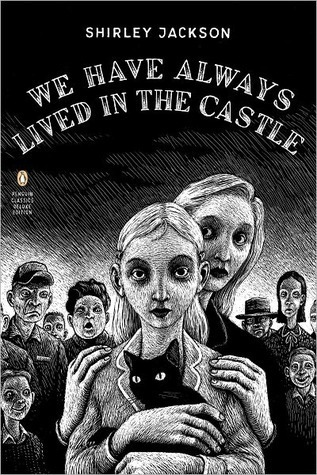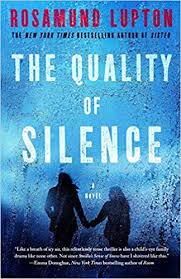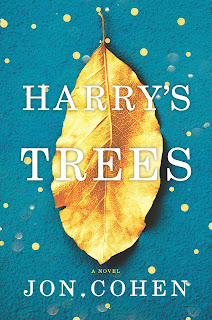Naomi's earliest memory is of herself as a ten-year-old running naked in a strawberry field. She runs towards migrant workers who take her to a sheriff.
Twenty years later, Naomi is a thirty-year-old private investigator trying to find a child who has disappeared while out on a family trip. Naomi has become a private investigator to atone, as she puts it, to "atone" for her past.
The child she seeks to save, however, has been lost for three years in a remote part of Willamette Valley. There's no evidence to suggest that the child is alive. The case is inactive and its assumed she has perished in the snow.
Naomi learns from each case and this case gives her most valuable insight yet. Glimmers of the past return as she finds the living conditions of the girl, a cave in a remote claim.
Denfeld, a former private investigator, writes a taut, psychological mystery with details that ring true.
A harrowing work of psychological fiction set in Oregon's Willamette Valley where fur trapping is still commonplace in remote towns. In one such town, a mysterious figure lives in obscurity. Years ago, he had been kidnapped and tortured by someone he calls simply "The Man."
Could this be mysterious figure be tied to the missing girl?
As Naomi reaches out to her foster bother, some of her lost memories return. After solving the case of the missing girl, called the "Snow Girl," Naomi vows to solve a more personal missing person case.
The Butterfly Girl is the second novel in the Naomi Cottle series.
https://renedenfeld.com/author/
We Have Always Lived in the Castle by Shirley Jackson

We Have Always Lived in the Castle is a murder-mystery that combines Gothic elements with psychological suspense.
Though it gives the routine of two seemingly ordinary women, it also peers into the mind of a deranged young girl:
“I have often thought that with any luck at all, I could have been born a werewolf because the two middle fingers on both my hands are the same length, but I have had to be content with what I had…I like my sister Constance, and Richard Plantagenet, and Amanita phalloides, the death-cup mushroom. Everyone else in our family is dead.”
Merricat, eighteen, lives in the past along with her sister, who is about 28, and her ailing Uncle Julian. For some reason, Merricat excludes him as a member of her family in the opening paragraphs of the novel.
Merricat, who believes in magic and protection spells, lives wholly in her own imagination. She believes her cat, Jonas, can tell stories. She thinks that burying objects and nailing items to a tree can protect her and her sister from the villagers. She often professes that she wants to go to the moon on a winged horse.
None of Merricat’s talismans have any effect though when a relative, Charles Blackwood, visits and takes over the family’s home. The visitor alters the family in irreversible ways. Much like the events that occurred six years ago, the visitor’s actions alters the fabric of their lives.
Merricat insists that Charles is a “ghost” and a “demon.” He is, in fact, a greedy relative who wants access to the family’s safe. Merrricat’s fanciful imagination however will not allow such a prosaic explanation.
After the fire, and after the villagers exact terrible retribution, the Blackwood girls are more isolated than ever.
Merricat and Constance insist, however, that they are happy even if they are deprived of their beautiful things–the italian staircase and drawing room. Without their their fancy plates and drapes, they are in a barren, yet isolated place. They are finally “on the moon.”


























